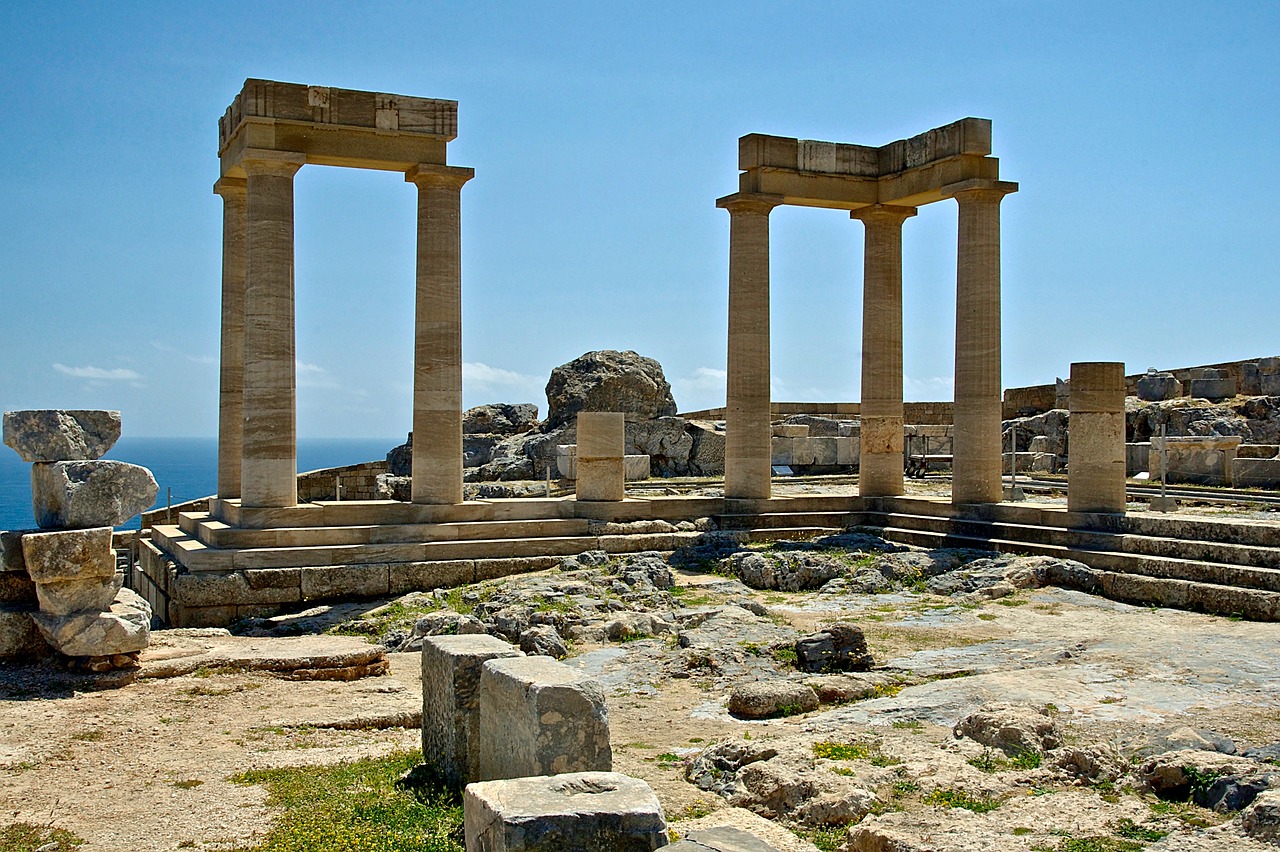Athena, known in Greek mythology as the goddess of wisdom, warfare, and crafts, plays a crucial role as the protector of cities, particularly in the realm of civilization. Often correlated with her Roman equivalent Minerva, she stands in contrast to Artemis, the goddess associated with the wilderness. Many believe that Athena may have originated as a pre-Hellenic deity and subsequently integrated into Greek culture. As the Greek civilization leaned heavily towards martial activities, Athena evolved into a formidable war goddess while preserving her earlier domestic aspects.
Having sprung fully formed from the forehead of her father Zeus, Athena’s unusual birth is shrouded in myth. Some tales suggest that Zeus swallowed her mother Metis, a goddess of wisdom, while she was pregnant, leading to Athena’s emergence from Zeus himself. Cherished by Zeus, she wielded great power among the Greek pantheon.
Her presence in various Greek cities is primarily linked to their acropolises, where royal palaces once stood. Athena was believed to be a solitary figure, without a partner or progeny, and while virginity became an essential part of her identity early on – giving rise to her titles Pallas and Parthenos – it’s worth noting that this characteristic may not have been her original identification. Her status as a warrior goddess means that she remained untouchable by deities like Aphrodite. Similarly, her role as a goddess of urbanity kept her beyond the realms of violation.
In Homer’s epic, the Iliad, Athena plays a significant part as a guiding deity for Greek heroes in battle, symbolizing martial excellence. The epic delineates her as morally and strategically superior to Ares, the god of war, thereby depicting her as a representation of the nobler aspects of combat. Unlike Ares, who embodies raw violence, Athena stands for intellect, skill, justice, and civilization. This distinction illustrates her as a beacon of victory and glory in battle, reflecting the qualities inscribed on her aegis, which includes fear, strife, and defense.
Athena’s role extends into the Odyssey, where she provides guidance to Odysseus. Beyond these two significant epics, later legends chronicle her support of heroes like Perseus and Heracles, which underscores her position as a protector of kings and a source of sound judgment and practical wisdom.
The Parthenon, constructed on the Acropolis in Athens, epitomizes Athena’s influence and adoration. Historically, she transitioned from a palace goddess to the city’s deity during the shift from monarchy to democracy in ancient Greece. While she is primarily revered in Athens, symbolized by the owl and snake, her impact resonates across various cities, with the Panathenaea festival celebrating her birth each July.
Regarded as the patroness of crafts, particularly spinning and weaving, Athena’s link to skilled labor solidified her identity as the embodiment of wisdom and righteousness. Typically depicted adorned in armor, wielding a shield and spear, her cultural representation was greatly shaped by influential figures such as the sculptor Phidias and playwright Aeschylus. Phidias’s artistic genius is immortalized in the colossal statue of Athena Parthenos that once occupied the Parthenon, while Aeschylus illustrated her foundational role in Athenian governance in his play Eumenides. In it, she established the Areopagus, promoting the principle that a tied verdict implies acquittal.
In summation, Athena represents a multifaceted goddess who balances the domains of war, craftsmanship, and wisdom. Her myths and cultural penetration underscore her influence in the ancient Greek world, reflecting values of intellect, civilization, and martial prowess.



